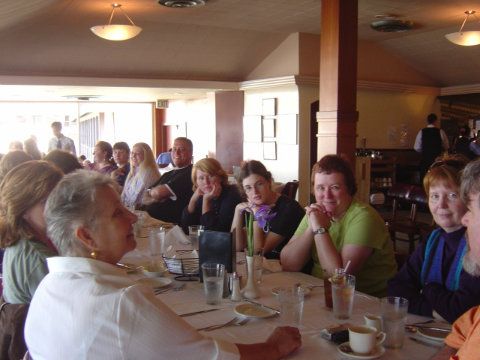I think "brothers and sisters" is often a more accurate translation for the Greek word that was traditionally translated "brother" anyway. We have a gender-neutral word in English - siblings - but no one uses it much, so it would sound awfully stilted. It also carries none of the connotations of "brotherhood" and "family love" and "black power" that words like "brothers" and "sisters" do.
Re-examining language is always a good idea. Sometimes, original meaning and current meaning are different, and so some "updating" needs to happen. Sometimes, you find better ways to say something.
And sometimes it comes out awful

"Amazing grace, how sweet the sound, that saved and strengthened me" just sounds stupid. Say "a wretch" and get it over with, already

I also have concerns about dropping the word "men" in "for us men and for our salvation, he came down from heaven..." When it becomes "for us and for our salvation" there is the possibility of becoming a little too cozy in our exclusivity. Jesus came for
us, you know, for the people in this church - not all those
other people. "Us Men" preserves the universality of the message - he came for every single solitary person, and don't you forget that

. I don't mind changing it...but I don't want to lose that aspect of the meaning. Making it "for all mankind and our salvation" would be universal, but less personal.
I don't have any qualms about using Him to refer to God. Jesus taught us to call God our Father, and well, if I'm going to use a pronoun for my Father, it's going to be "Him." I know that God goes beyond gender...but I still think of my relationship with God in terms of his masculinity.
I was turned off to "inclusive" language for the Trinity when I participated in prayers that just made everything too durn vague. I'm not sure I can remember what it was now, but instead of saying "In the name of the Father, and of the Son, and of the Holy Spirit" it was translated to something else. Since then, I've heard "In the name of the Creator, the Redeemer and the Advocate," which wasn't as bad, but is still
very vague - those are titles, not names! (Or rather, it's what they do, not who they are.)
As
Rodia points out, there is always Mary!

She is probably a main reason I have never needed to call God my mother - I have a wonderful spiritual mother in Mary

.
I think that making language inclusive is a valid concern in preparing a text, but that it is secondary to, well, the meaning of the text. You still have to be clear, and you still have to say the same thing.

